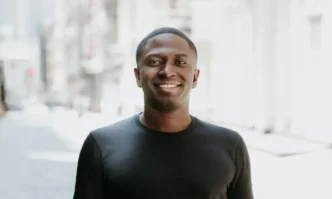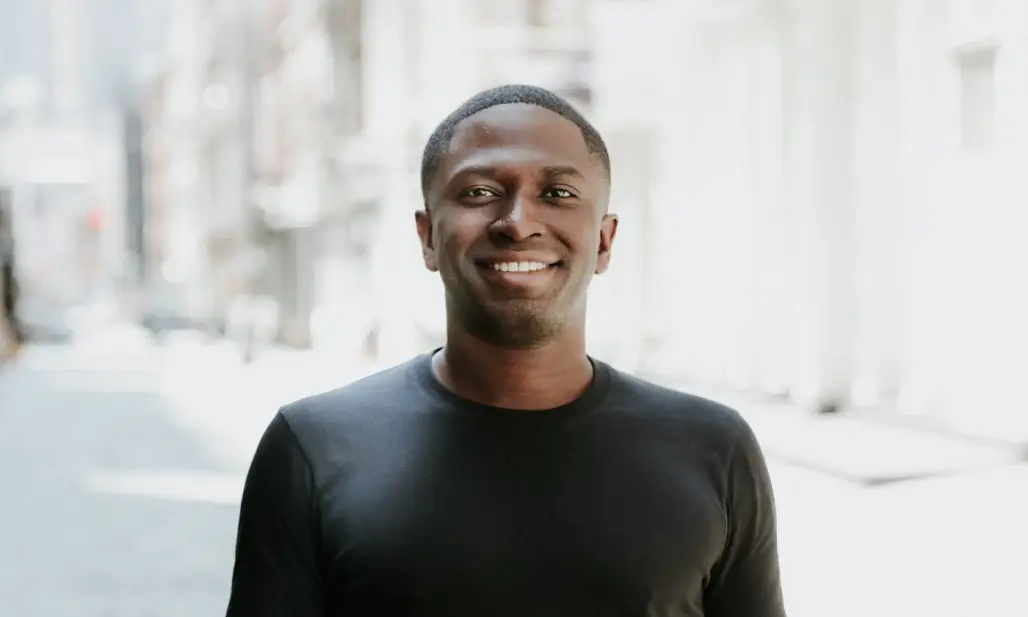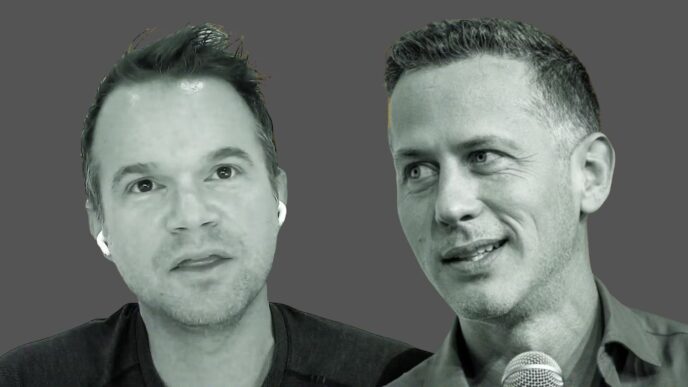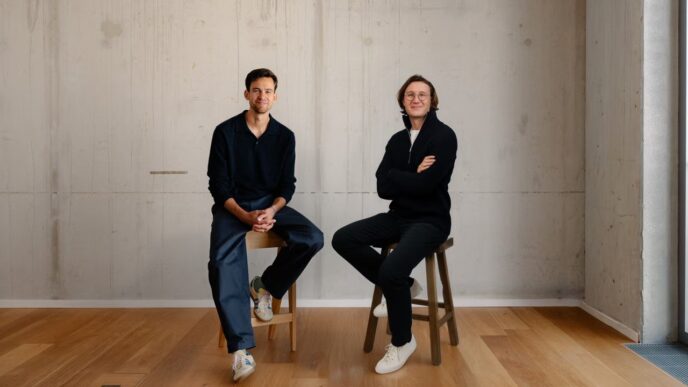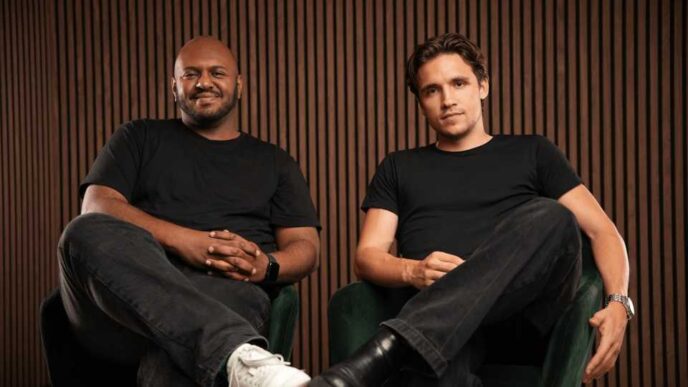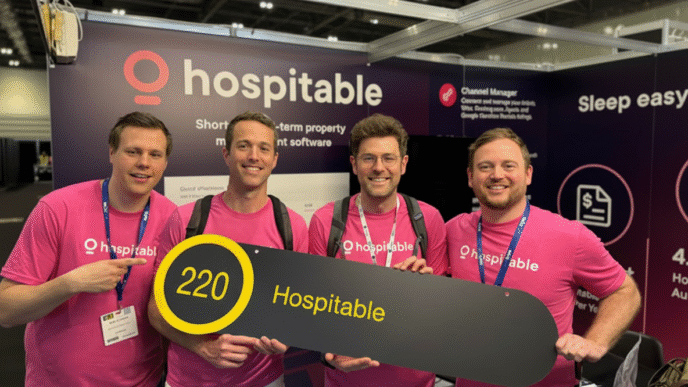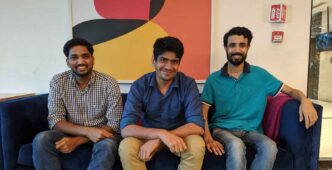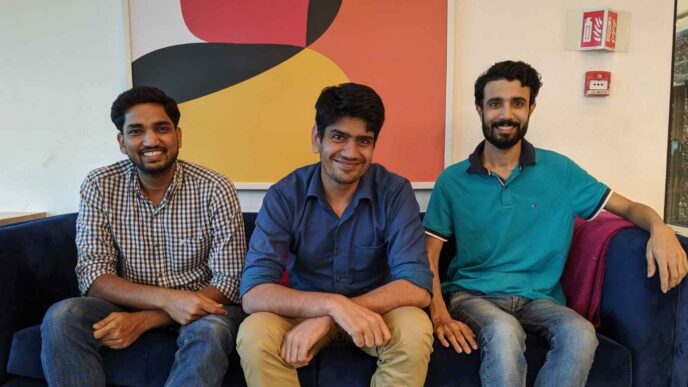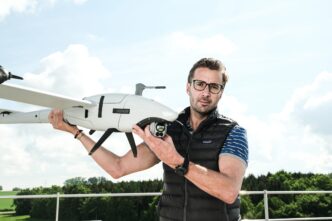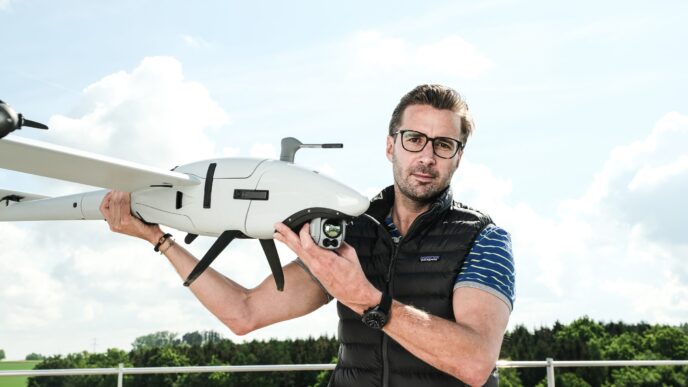Campus, the fast-rising online college startup backed by Sam Altman and Shaquille O’Neal, has made a major move to boost its artificial intelligence capabilities. The company announced that it has hired Jerome Pesenti, the former Head of AI at Meta, as its new Chief Technology Officer.
Alongside this appointment, Campus also revealed that it has acquired Pesenti’s AI education startup, Sizzle AI, for an undisclosed amount. According to Campus founder and chancellor Tade Oyerinde, the acquisition will accelerate the company’s technology roadmap by at least two to three years.
“This is a game changer,” Oyerinde said in a statement. “Jerome’s experience in building large-scale AI systems and Sizzle’s proven learning technology will allow us to personalize education for every student in ways we couldn’t before.”
The addition of Sizzle AI signals a deeper push by Campus into the world of AI-powered education. Sizzle AI, which already serves more than 1.7 million users, uses artificial intelligence to generate personalized explanations, quizzes, and tutoring assistance across different subjects.
Campus plans to integrate Sizzle’s learning engine directly into its online degree programs. Students will soon receive tailored study materials, instant AI tutoring, and progress insights that adapt to their performance in real time. The goal, Oyerinde explained, is to bridge the gap between traditional classroom instruction and intelligent learning technology.
“Every student learns differently,” he said. “By combining our human professors with adaptive AI tools, Campus can finally bring personalization to higher education at scale.”
Founded to disrupt the traditional community college system, Campus offers accredited associate degree programs taught by professors from top-tier universities like Stanford, Princeton, and New York University. Its courses are structured to deliver the same academic rigor as in-person programs but at a fraction of the cost.
Each student pays $7,320 per academic year, a fee that covers far more than tuition. It includes a free laptop, a mobile Wi-Fi pack, 24/7 tutoring access, and a personal success coach who helps them navigate their academic journey. The platform also accepts Pell Grants, making higher education more affordable for low-income students.
Today, more than 3,000 students are enrolled in Campus programs. Many come from underserved backgrounds or rural areas where access to physical colleges is limited. Through its online-first model, Campus brings accredited education directly to their homes.
Campus’s approach also appeals to educators. Professors from leading universities can join the platform as adjunct instructors and teach remote courses on flexible schedules. According to the company, professors earn up to $8,000 per course, giving them an additional income stream while reaching new groups of learners.
This hybrid model—combining top professors, personalized learning, and real-time student support—has helped Campus attract strong investor confidence.
Since launching, Campus has raised over $100 million from a powerhouse lineup of investors. The backers include Peter Thiel’s Founders Fund, General Catalyst, Figma CEO Dylan Field, Palantir co-founder Joe Lonsdale, and NBA legend Shaquille O’Neal.
Each investor shares a common belief: that education is one of the next major frontiers for AI transformation.
Sam Altman, who is also CEO of OpenAI, has publicly praised the startup’s mission to make higher education more accessible. Campus represents the kind of innovation he has long advocated for—where technology doesn’t replace human teachers but amplifies their ability to reach and teach more people.
With Jerome Pesenti now leading technology efforts, Campus expects to expand its AI infrastructure, improve student analytics, and enhance the platform’s learning experience.
Pesenti is a respected name in AI circles. Before joining Campus, he served as Vice President of AI at Meta, where he oversaw large-scale machine learning projects powering products like Facebook’s recommendation systems. He also served as CEO of BenevolentAI, a London-based company applying AI to drug discovery.
At Campus, Pesenti will focus on building scalable systems that make education both smarter and more personal. He said he was drawn to Campus because of its mission-driven approach.
“Education is one of the most meaningful applications of AI,” Pesenti said. “Campus is not just about teaching people—it’s about giving everyone a fair chance to learn and grow.”
Under his leadership, the company plans to roll out new AI-driven features such as real-time essay feedback, interactive tutoring bots, and predictive learning analytics. These tools will help instructors identify when students struggle and intervene before they fall behind
The company’s expansion doesn’t stop here. Oyerinde hinted at partnerships with universities and employers to make Campus degrees even more valuable in the job market. The goal is to connect students not only to education but also to career opportunities that align with their new skills.
With a strong mix of AI innovation, elite educators, and accessible tuition, Campus is positioning itself at the center of the next education revolution. Its model blurs the line between higher learning and advanced technology—offering a glimpse into what the future of college could look like.
As competition in the edtech sector intensifies, Campus’s latest moves show it intends to stay ahead. By merging human teaching with artificial intelligence, it hopes to deliver something traditional universities have long struggled with: personalized, affordable, and high-quality education at scale.
